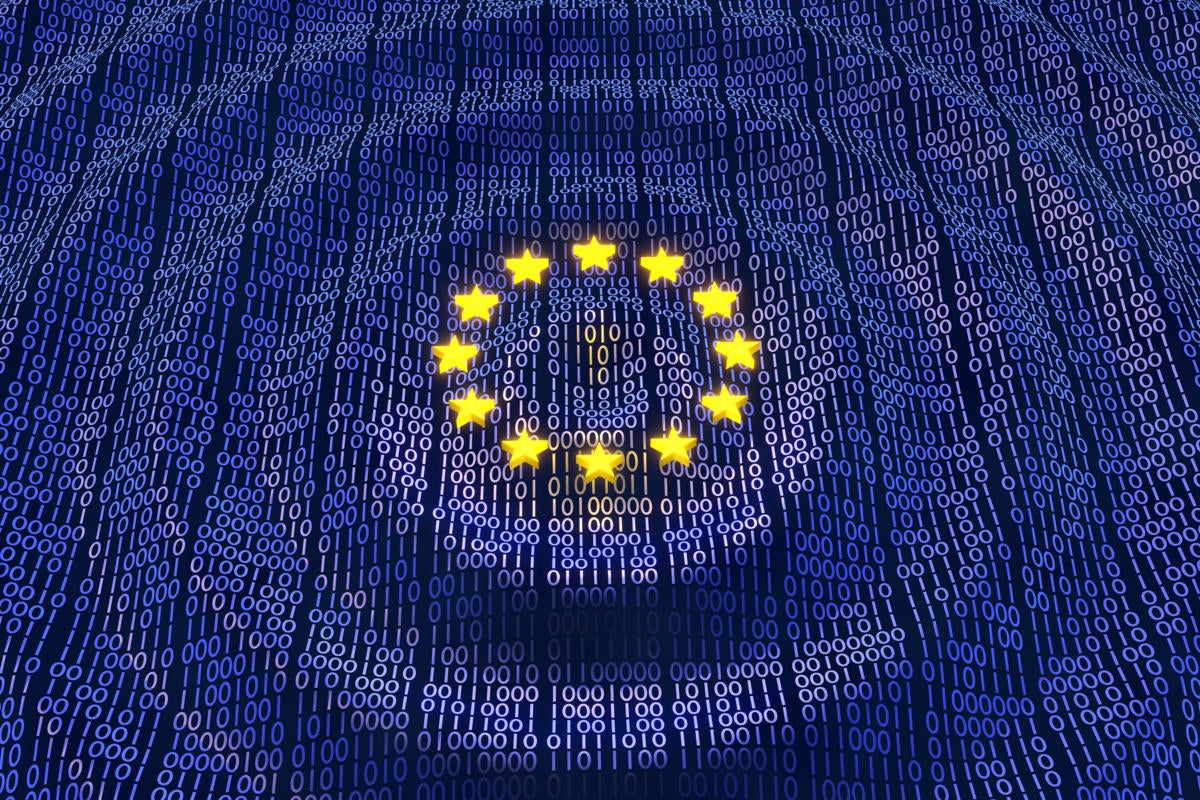The European Parliament has approved the Digital Services Act (DSA), a piece of legislation that sets out new rules for how internet companies should keep European users safe from online disinformation and illegal content, goods and services.
Under the DSA, the practice of targeting users online based on their religion, gender or sexual preferences will be banned, as will so-called dark patterns, deceptive web design aimed at encouraging people to unwillingly click on online content.
Large online platforms will also be forced to disclose what steps they are taking to tackle misinformation or propaganda, while victims of cyber violence and the non-consensual sharing of illegal content will be better protected with immediate takedowns.
Children will also be subject to new safeguards, meaning platforms must ensure high levels of privacy and safety for minors and prevent them from being targeted with online advertising.
Companies that fail to comply will face fines of up to 6% of global turnover.
The legislation was passed on Saturday April 23, after a marathon 16 hours of negotiations, and comes just a month after the EU passed the Digital Markets Act (DMA), which aims to rein in the power of large tech corporations by forcing them to change how they integrate digital services and handle customer data.
“The DSA will upgrade the ground rules for all online services in the EU. It will ensure that the online environment remains a safe space, safeguarding freedom of expression and opportunities for digital businesses. It gives practical effect to the principle that what is illegal offline should be illegal online,” European Commission president Ursula von der Leyen said in a statement.
European legislators target big tech
The DMA and DSA will not be the only pieces of new legislation technology corporations will have to contend with this year. Earlier this year, the UK government added new requirements to its Online Safety Bill to hold social media platforms and search engines accountable for scam or fraudulent adverts that appear on their sites.
For companies found to be in violation of those rules, the UK’s communications regulator Ofcom will have the power to block their services in the UK or issue fines of up to £18 million (US$23.7 million), or 10% of annual turnover.






